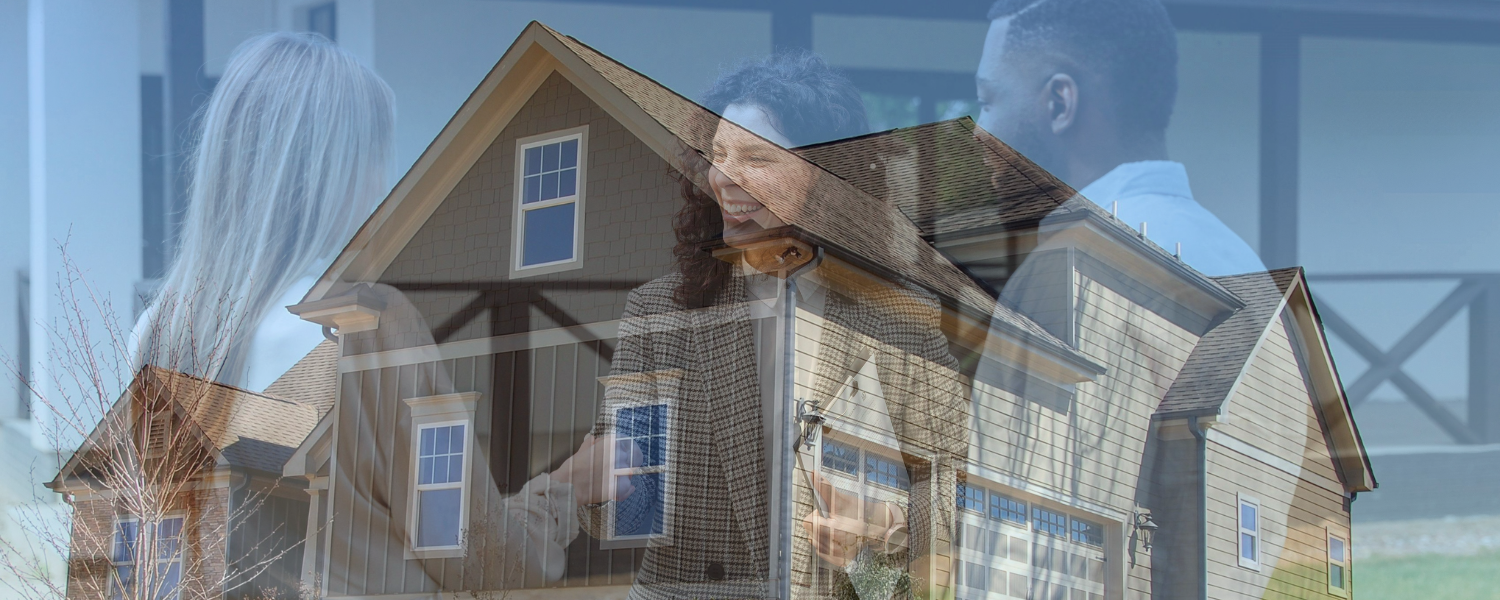Sustainability has become more than just a buzzword; it’s a way of life embraced by a growing number of individuals. This shift in consciousness is significantly impacting the real estate market, as homebuyers increasingly seek eco-friendly, sustainable properties. Understanding the nuances of selling eco-friendly homes is not just a trend but a necessity in today’s market. In this blog post, we’ll explore the importance of sustainable living, the features that make a home eco-friendly, and strategies for real estate agents to effectively market and sell environmentally conscious properties.
The Rise of Sustainable Living
The shift towards sustainable living has gained significant momentum in recent years. Homebuyers are not only considering the aesthetics and location of a property but also its ecological footprint. The desire for energy efficiency, reduced waste, and eco-friendly features has become a top priority for a growing segment of the market. Real estate agents need to recognize this shift and adapt their strategies to meet the demands of environmentally conscious buyers.
Features of Eco-Friendly Homes
Understanding what makes a home eco-friendly is the first step in effectively marketing sustainable properties. Features such as energy-efficient appliances, solar panels, sustainable building materials, proper insulation, and water conservation systems are key components. Additionally, homes with certifications such as LEED (Leadership in Energy and Environmental Design) or ENERGY STAR ratings provide a tangible endorsement of a property’s sustainability.
Leveraging Green Certifications
Green certifications have become powerful marketing tools in the real estate industry. Real estate agents should be well-versed in various certifications and their significance. Whether it’s ENERGY STAR, LEED, or another recognized certification, understanding the criteria and benefits can enhance a property’s marketability. Highlighting these certifications in marketing materials and property listings can attract eco-conscious buyers and set a home apart in a competitive market.
Effective Marketing Strategies for Eco-Friendly Homes
Crafting compelling marketing strategies is crucial when selling eco-friendly homes. Utilizing high-quality, eco-conscious photography and emphasizing sustainable features in property listings are essential. Additionally, creating dedicated marketing materials that showcase the environmental benefits of the home, such as reduced energy costs and a smaller carbon footprint, can resonate with environmentally conscious buyers.
Educating Buyers on Sustainable Benefits
Many buyers may not fully grasp the long-term benefits of eco-friendly features. Real estate agents should take on an educational role, explaining how features like solar panels, energy-efficient windows, and smart home technologies contribute to sustainability and result in cost savings over time. Providing data on reduced utility bills and the positive impact on the environment can be persuasive selling points.
Collaborating with Sustainable Builders and Developers
Building relationships with sustainable builders and developers is a strategic move for real estate agents aiming to specialize in eco-friendly properties. These partnerships not only provide access to a steady stream of sustainable homes but also showcase a commitment to environmentally conscious practices. Networking within the sustainable building community can open doors to unique listings and opportunities for collaboration.
Conclusion
The growing interest in sustainable living is reshaping the real estate landscape, and real estate agents must adapt to this paradigm shift. Selling eco-friendly homes requires a nuanced understanding of green features, leveraging certifications, effective marketing strategies, educating buyers, and building strategic partnerships with sustainable builders. By embracing sustainability as a cornerstone of their approach, real estate agents can not only meet the demands of a changing market but also contribute to a more sustainable and environmentally conscious future in real estate. In today’s market, the eco-friendly home is not just a choice; it’s an investment in a sustainable and responsible way of living.





